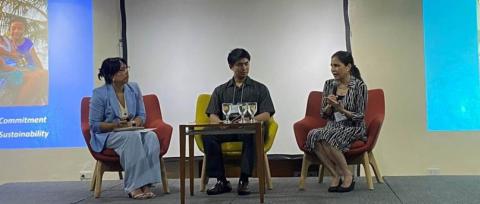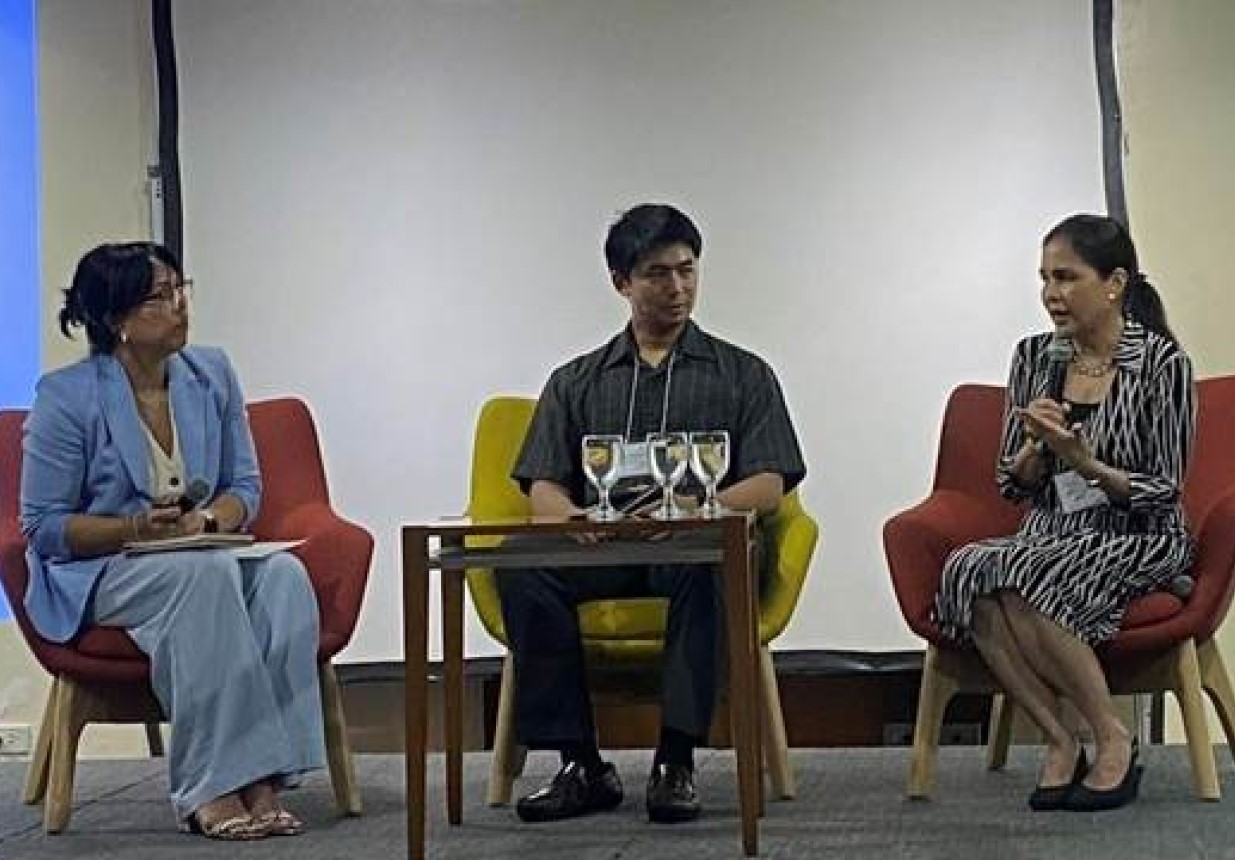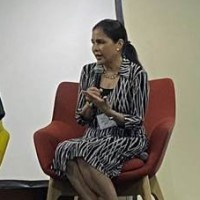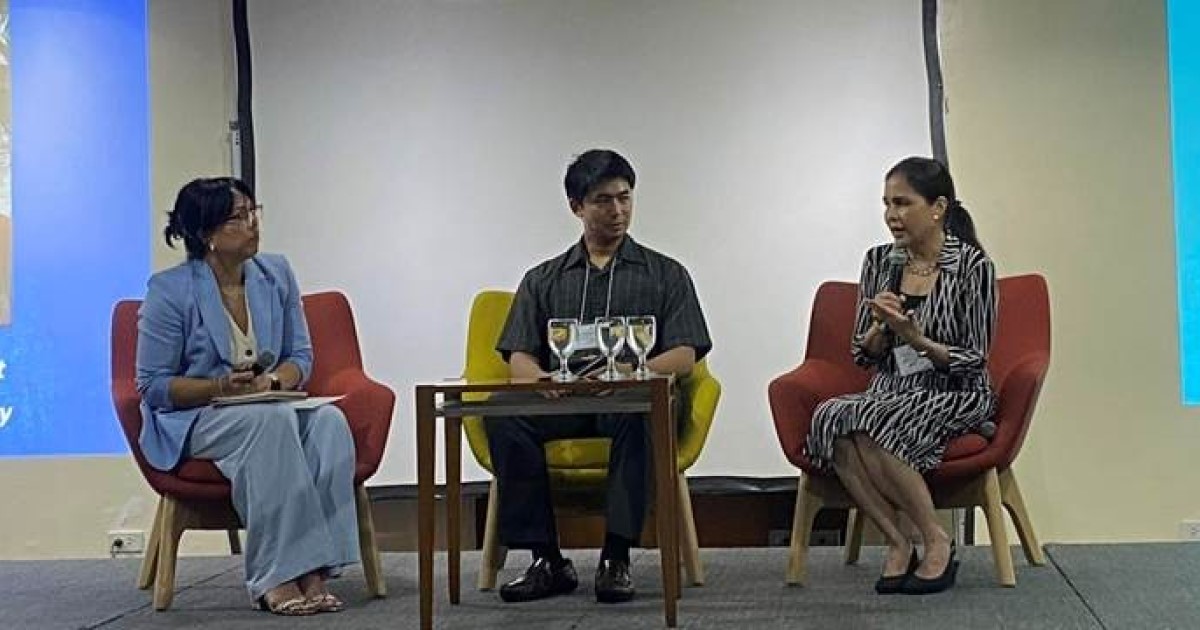
The Philippines’ leading fully integrated telecommunications company PLDT Inc. (PLDT) and its wireless unit Smart Communications, Inc. (Smart) support the Philippine Securities and Exchange Commission (SEC) and UNICEF Philippines (UNICEF) in advocating for the integration of children’s rights into sustainability reporting and business practices of publicly listed companies (PLCs).
In support of the SEC’s goal to maintain its regional leadership in championing sustainability, the commission has partnered with UNICEF on the conduct of a study called “Investing in the Future: Why Children Matter in Publicly Listed Companies’ Sustainability Reports”. Highlights of this study were presented in a recent public forum with PLCs and other stakeholders from the government, UN agencies, and the academe, among others.
Covering sustainability reports of 86 Philippine PLCs in 2023, the study aimed at providing a baseline view of how companies are currently reporting on child rights-related practices in line with their sustainability agenda. It also intends to support the SEC’s continuing efforts to strengthen transparency and accountability among PLCs and align Philippine sustainability reporting with global standards.
According to the study, children’s rights are rarely explicitly addressed in corporate sustainability reports. It also highlighted that companies commonly address child labor, but they often overlook broader areas concerning children, such as those aligned with participation, protection, responsible marketing, and environmental impacts.
“PLCs in the Philippines are in a unique position to drive transformation by integrating children’s rights into their corporate sustainability strategies. This helps eliminate exploitative practices, promote friendly policies, and foster an environment where children can thrive,” said SEC Commissioner Dr. Rogelio V. Quevedo.
During the forum, PLDT and Smart joined fellow private sector representatives from Metro Pacific Tollways Corporation and Sta. Lucia Realty and Development in discussing why children matter to their businesses and how they have been incorporating children’s rights into their sustainability strategies and reporting frameworks.
Since the PLDT 2019 Sustainability Report, PLDT and Smart have been identifying children as one of their key stakeholders, ramping up efforts to disclose on their impact, and upholding business practices in support of children’s rights, following their multi-year partnership with UNICEF. The Group has also been investing in a child protection platform solution and multi-stakeholder collaborations to continuously protect children online and prevent the proliferation of child sexual abuse and exploitation materials.

PLDT and Smart Chief Sustainability Officer Melissa Vergel de Dios (right) in a panel discussion on how companies are integrating children’s rights in ESG with UNICEF’s Chief of Social Policy Maya Faisal (left) and MPTC Assistant Manager for Sustainability Segis Borja.
In line with promoting children’s right to participation, PLDT and Smart have been including children and youth representatives in the conduct of their materiality and impact assessments. PLDT and Smart Chief Sustainability Officer Melissa Vergel de Dios shared key learnings on areas most important to children, which include data privacy, cybersecurity, child protection, and planetary preservation.
“At the end of the day, children use our services even if the decision of what to buy is made by their parents. And while they may not have the purchasing power at the moment, they will grow up to be our customers someday. As we aim to make meaningful connections through generations, we want today’s children to understand that the PLDT Group’s child protection initiatives and, in fact our focus on sustainability, is our way of showing that we care about them and their future,” she added.
Vergel de Dios further tackled how taking care of children and addressing concerns of young people can be a differentiator for businesses, particularly in the areas of product marketing, customer acquisition, and talent attraction. “Children of today’s generation are asking questions. They are framing their decisions based on values, taking into account what companies stand for and choosing to patronize those that prioritize their needs”, she explained.
In line with broader children’s rights concerns, PLDT monitors and discloses the impact of its product marketing, advertising, and labeling on children. It also checks on its supply chain for compliance with anti-child labor practices as part of its Supplier Code of Conduct. In 2024, the company reported zero incidences of substantiated complaints on product marketing, advertising, and labeling involving children, as well as zero cases of child labor in its tier-1 suppliers.
“Because children are present in workplaces, communities, environments, and marketplaces where businesses operate, their wellbeing is deeply affected by today’s business practices. These include ensuring safe and decent working conditions for parents and caregivers by implementing family-friendly policies, preventing child labor, protecting children from harmful marketing practices, and engaging communities with a focus on the needs of children and youth. All these efforts contribute directly to the company’s triple bottom line,” said UNICEF Chief of Private Sector Fund Raising and Deputy Representative for Programmes a.i. Carmen Gonzales Ortiz.
PLDT was ranked second in the world overall in the Global Child Forum Benchmark Report 2024, in recognition of its leading practices in integrating children’s rights into the areas of governance, workplace, marketplace, community and environment. With a near perfect 9.9/10 score across indicators, the company was also ranked the highest globally among rated companies in the technology and telecommunications sector, demonstrating progress in its continuing adoption of the Children’s Rights and Business Principles and corresponding disclosures on its children’s rights impacts.


